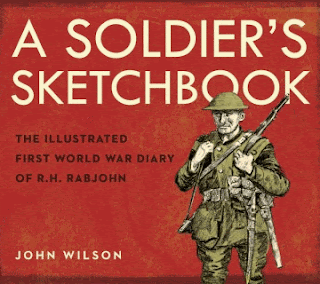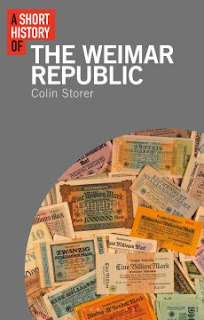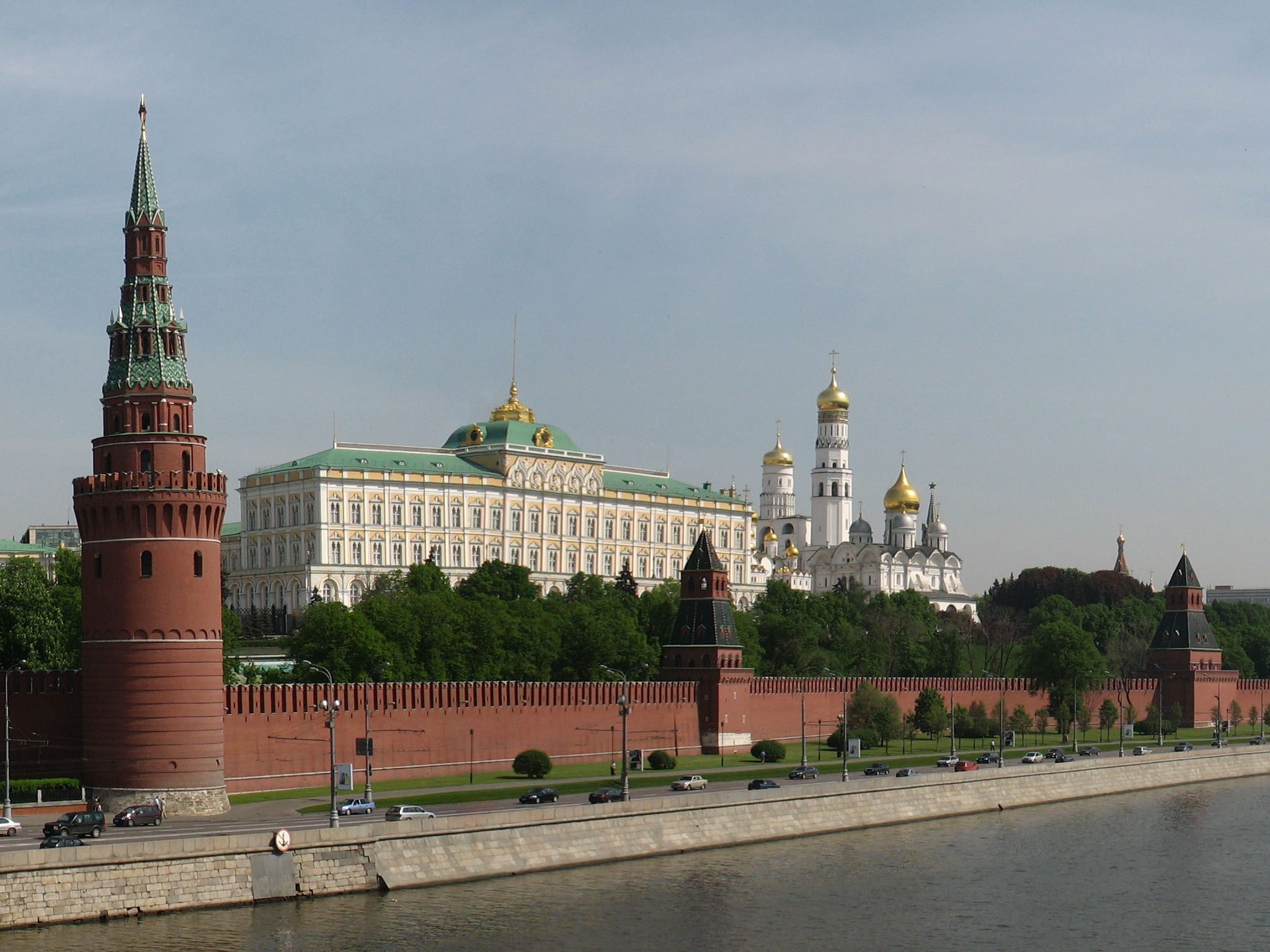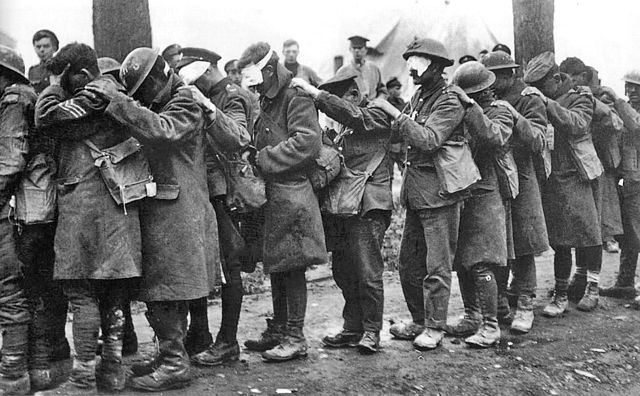A soldier's sketchbook : the illustrated First World War diary of R.H. Rabjohn by R.H. Rabjohn/John Wilson
Canada : Tundra Books, [2017]
112 p. : ill. ; 22 x 24 cm.
I'm always interested in WWI, the war that turned the European violence inward instead of outward and ripped the façade off the elegant civilization of Europe at a cost of the deaths of millions of combatants and many civilians.
This WWI book is a special addition to the literature of that "Great War." It consists of the sketches from the war done by R.H. Rabjohn, a soldier from Canada, who saw combat from April 1917 until the end of the war on November 11, 1918.
It was Rabjohn's official duties as a soldier-sketch artist that allowed him to carry a sketch book (something that was prohibited to other soldiers). He also kept a diary and the author, John Wilson, has done a fine job of organizing the sketches and diary entries into a logical and easy to follow whole. Doing drafts and support work at the front meant that Rabjohn was frequently in great danger and witnessed first hand the horrors of trench warfare that marked WWI.
Given its visual appeal, shortness, and direct narrative, this book would be a great way of introducing World War I to teens and hopefully would interest some in wanting to know more about this nation shattering event - the tragic consequences of which continue into the present.










